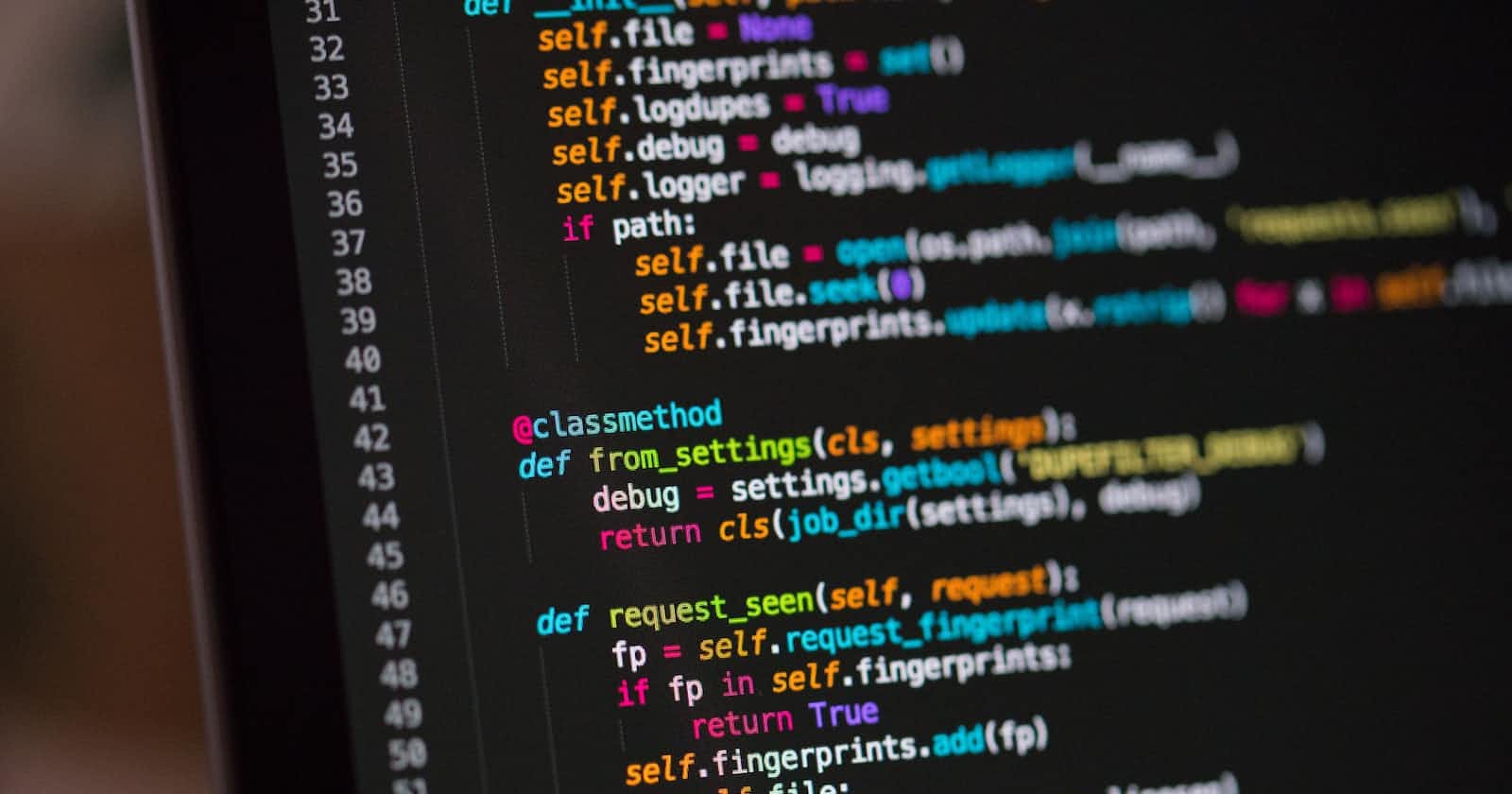Python is a powerful and versatile programming language that has gained immense popularity in recent years. Known for its simplicity and readability, Python is an excellent choice for beginners and experienced programmers alike. Whether you want to kickstart your programming journey or add Python to your skillset, this article will guide you on how to learn Python and provide a curated list of places where you can learn it from.
Why Python?
Before diving into the learning process, it's essential to understand why Python is worth your time and effort:
1. Ease of Learning: Python's clean and straightforward syntax makes it easy for beginners to grasp fundamental programming concepts.
2. Versatility: Python can be used for web development, data analysis, artificial intelligence, automation, scientific computing, and much more.
3. Large Community: Python has a vast and active community that offers support, libraries, and frameworks, making it easier to find solutions to problems.
4. High Demand in the Job Market: Python's popularity has led to a surge in demand for Python developers across various industries.
Learning Python
Learning Python can be a rewarding experience, but like any skill, it requires dedication and practice. Here's a step-by-step guide to help you get started:
Understand the Basics
Before writing complex programs, familiarize yourself with the basic concepts of Python. Learn about variables, data types, control structures (if, else, loops), functions, and object-oriented programming (classes and objects).Practice with Small Projects
As you learn the basics, start working on small projects to apply your knowledge. Projects can include simple games, text-based applications, or mini-tools. These projects will help reinforce your understanding and build your confidence.Explore Libraries and Frameworks
Python's strength lies in its extensive libraries and frameworks. Explore popular ones like NumPy and Pandas for data analysis, Flask and Django for web development, TensorFlow and PyTorch for machine learning, and BeautifulSoup for web scraping.Participate in Coding Challenges
Online platforms like LeetCode, HackerRank, and CodeWars offer coding challenges that allow you to practice problem-solving and improve your coding skills.Contribute to Open Source Projects
Contributing to open-source projects allows you to collaborate with experienced developers and work on real-world applications, enhancing your understanding of Python best practices.Read Python Blogs and Books
Stay updated with the latest trends and best practices in Python by reading blogs, books, and tutorials written by experts in the field. Some popular blogs include Real Python, Towards Data Science, and The Python Software Foundation's blog.Attend Python Conferences and Meetups
Participating in Python conferences and meetups gives you the opportunity to network with like-minded individuals and learn from industry professionals.
Where to Learn Python
Numerous resources are available online to help you learn Python. Here are some of the best platforms and websites:
freecodecamp: offers a free course created by Dr. Charles Severance at the Univeristy of Michigan.
Codeacademy: offers interactive and beginner-friendly Python courses that guide you through the language's fundamentals.
Coursera: hosts Python courses taught by top universities and institutions, providing in-depth learning opportunities.
edX: offers a wide range of Python courses from renowned universities, some of which are free to audit.
Real Python: is a comprehensive platform with tutorials, video courses, and practical projects for learners at all levels.
Python.org: The official Python website provides an extensive list of tutorials, documentation, and learning resources.
Udemy: has a vast selection of Python courses, including both beginner-friendly and specialized topics.
YouTube: hosts numerous Python tutorials and channels dedicated to teaching Python concepts and projects.
Books: like "Automate the Boring Stuff with Python" by Al Sweigart and "Python Crash Course" by Eric Matthes are excellent resources for self-paced learning.
Learning Python requires consistent effort, hands-on practice, and continuous learning. Start with the basics and gradually work your way up, exploring libraries and frameworks that align with your interests and career goals. The more you code and engage with the Python community, the faster you'll become proficient in this versatile language.
Remember, learning to program is not just about memorizing syntax but developing problem-solving skills and a growth mindset. Embrace challenges, be patient with yourself, and celebrate every step of your Python journey. Happy coding!


